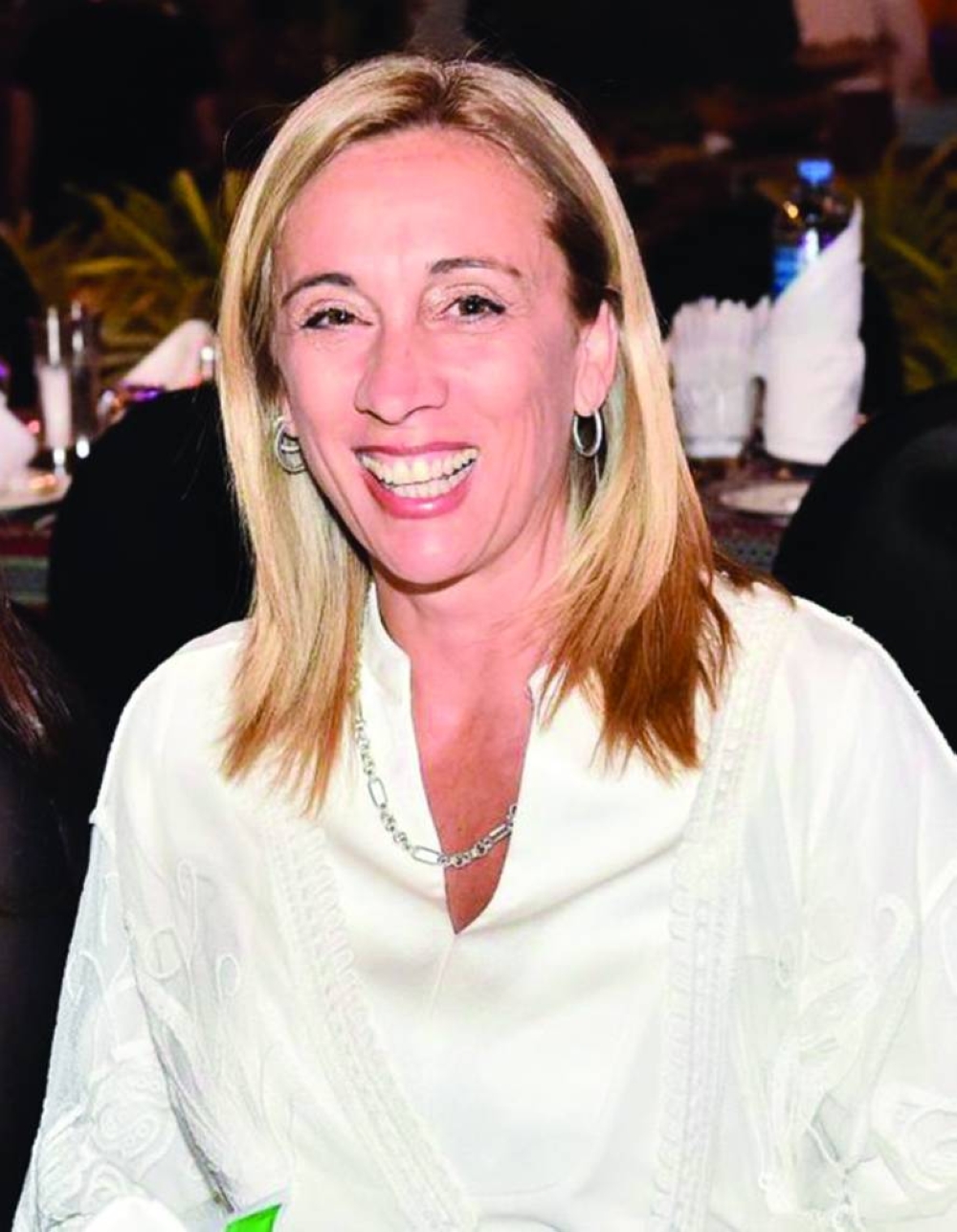Qatar’s modern and world-class infrastructure, such as hospitality-related facilities that opened in time for the FIFA World Cup Qatar 2022, would play a key role in the growth and development of the country’s tourism sector.
According to Palma Libotte, president of the Italian Chamber of Commerce in Qatar, one of the “strong points” of Qatar’s tourism sector is that the country boasts of many new and modern hotels that offer “very competitive rates” both for leisure and corporate tourism.
The recently-concluded World Cup opened many opportunities for destination management companies (DMCs) and tour agencies in Qatar to showcase the country’s best tourism gems.
Libotte noted that stakeholders and key players in Qatar’s tourism and hospitality sector stand to gain from current weather conditions that allow more tourists to visit a variety of scenic outdoor locations across the country.
While the revelry brought by the World Cup is over, Libotte noted that there are still many reasons for tourists to visit the country and enjoy Qatar’s long tourism season for “eight fabulous months” from October to May.
“Now is a great time to enjoy the desert and the northern areas of Qatar, such as Al Zubara Fort and the nearby abandoned Al Jumail Fishing Village, the mangroves of Purple Island, and the recently-installed ‘Shadows Travelling on the Sea of the Day’ by Olafur Eliasson.
“From a product perspective and having worked in many fields of the tourism sector through Doha-based Italian DMC, QTours, I can say that the country’s main competitive advantage with Dubai is that the traditions and culture in Qatar are still strongly perceived by tourists, and this contrast with ultramodern infrastructure makes it a really appealing destination,” Libotte emphasised.
During the World Cup, Libotte noted that desert tours were the “main draw” and the “most sold” packages, as well as the Dhow cruise. “Everyone wanted to ride the camels and the quad bikes, as well as enjoy the spectacular view that Khor Al Udaid offers. Many tourists loved the food and highly admired Qatar’s safe environment.
She also lauded how the staff of the Doha Metro handled passengers, which helped made Souq Waqif, Lusail Boulevard, and Katara – the Cultural Village very accessible to tourists.
“The programme of concerts and the series of activities in the fan zones encouraged people to go out every day; it was like a never-ending festival with an incredible energy and atmosphere,” Libotte explained.

Palma Libotte

